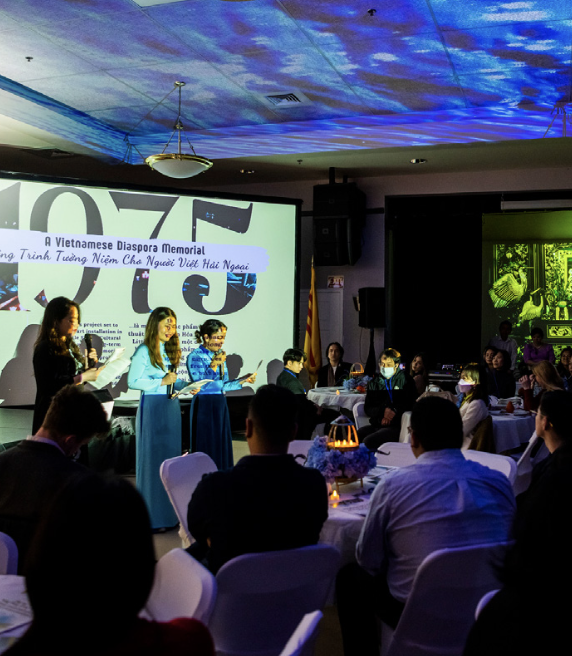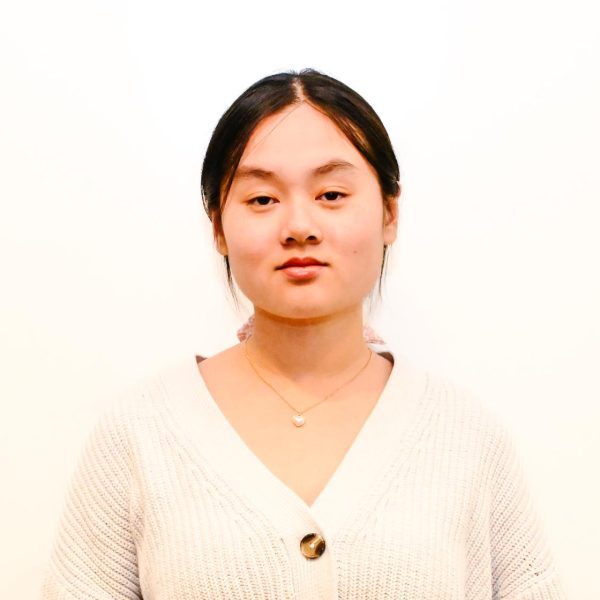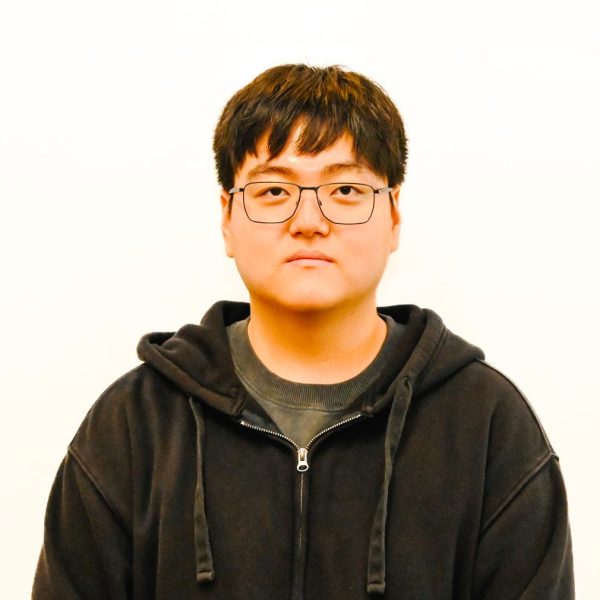On April 20, the Vietnamese community of Dorchester gathered at the Intergenerational Cultural Commemoration Event in Dorchester’s VietAID Community Center, hosted by the 1975: A Vietnamese Diaspora Commemoration Initiative.
As a tribute for Black April—the remembrance of the fall of Saigon and of South Vietnam each year on April 30—this cultural event sought to facilitate connections between the different generations and to honor the historical and personal impact of this day for the collective Vietnamese diaspora.
Starting with a student-led lion dance celebrating Vietnamese culture, the event commemorated Vietnamese history with a moment of silence led by Vietnamese veterans and speeches by various notable figures, including Rep. Tram Nguyen, the first Vietnamese American woman in the Massachusetts Legislature.
Ngọc-Trân Vũ, the lead artist of the 1975 Initiative, credited the collaborative efforts of the 1975 team and the community for the event’s overall success.
“Coming together with our performers, our volunteers, our community residents, it really came through in a way that I think speaks directly to the spirit of our process and having the project be community-driven and rooted in this vision that people are super excited about,” Ngọc-Trân Vũ said.
Linh-Phương Vũ, the outreach specialist of the 1975 Initiative, as well a Global Inclusion and Social Development Ph.D. student at UMass Boston, mentioned that this particular event was special in how it acted as a bridge between generations.
“There hasn’t been an event where it’s commemorative but also is refreshing in the way that there’s younger generations sitting with the older generation,” Linh-Phương Vũ said. “This event has really made a mark in history, especially for our Boston-Dorchester community. Now there are more spaces and more opportunities for these intergenerational kinds of events and gatherings to happen in this way.”
This event was only one of the several community-driven events—including Community Dialogue Nights that gathered input from the Dorchester community—planned by Ngọc-Trân Vũ and Linh-Phương Vũ under the 1975: A Vietnamese Diaspora Commemoration Initiative. The project as a whole aims to give a platform to stories and legacies of the Vietnam War and address intergenerational trauma and grief to be able to foster healing.
The initial idea for the 1975 Initiative was inspired by Ngọc-Trân Vũ’s father, a lieutenant in the South Vietnamese army, and “seeing him and his military friends doing their annual commemoration every year during Black April and not having a space of their own that’s a marker in the Vietnamese community.”
“There’s no Vietnamese name represented [in Dorchester]. That’s really where the seeds have been planted for a very long time, and it’s something the community has been wanting and advocating for,” she said.
The 1975 Initiative is divided into two subprojects: a Vietnamese Diaspora Healing Memorial and Vietnamese Oral Stories. While the Intergenerational Cultural Commemoration Event falls under the latter project of preserving Vietnamese narratives through Vietnamese Oral Stories, the Healing Memorial is the primary focus at the moment, according to Ngọc-Trân Vũ.
“Specifically, with this work, myself and [Linh-Phương Vũ], have really been thinking about the 50th anniversary [of the war] that’s happening in 2025,” Ngọc-Trân Vũ said. “What does that mean for our community where a lot of our elders are passing on? Thinking about the stories, how do we continue to preserve them and to build something locally?”
Once implemented in 2025, the purpose of the Vietnamese Diaspora Healing Memorial is to not only commemorate the 50th anniversary of the Vietnam War, but to also be a permanent public art installation in Town Field Park for the community to have within the Boston Saigon Cultural District as their own memorial space.
Discussing further about the role of the community while developing the 1975 Initiative, Ngọc-Trân Vũ reflected on how they have “intentionally been building a community-engagement process as part of the work because it’s truly collaborative in nature.” The Intergenerational Cultural Commemoration Event had been one such public convening event, where they were able to use the voice of the people to map out their future plans for the 1975 Initiative.
Linh-Phương Vũ added that she hopes for the 1975 team to collaborate with other artists to strengthen the community concept of their project.
“The community has been a part of this since the beginning,” she emphasized.
Currently, there are future plans to make progress on the 1975 Vietnamese Diaspora Healing Memorial this summer. A walking site tour is expected to be held with the Vietnamese community to analyze contingent sites for the memorial installation. Later in the summer, Ngọc-Trân Vũ will present a showcase for potential designs for the memorial with 3D models and renderings for the community to decide upon.
More information on the project and updates on its progress can be found on Ngọc-Trân Vũ’s website, tranvuarts.com.



